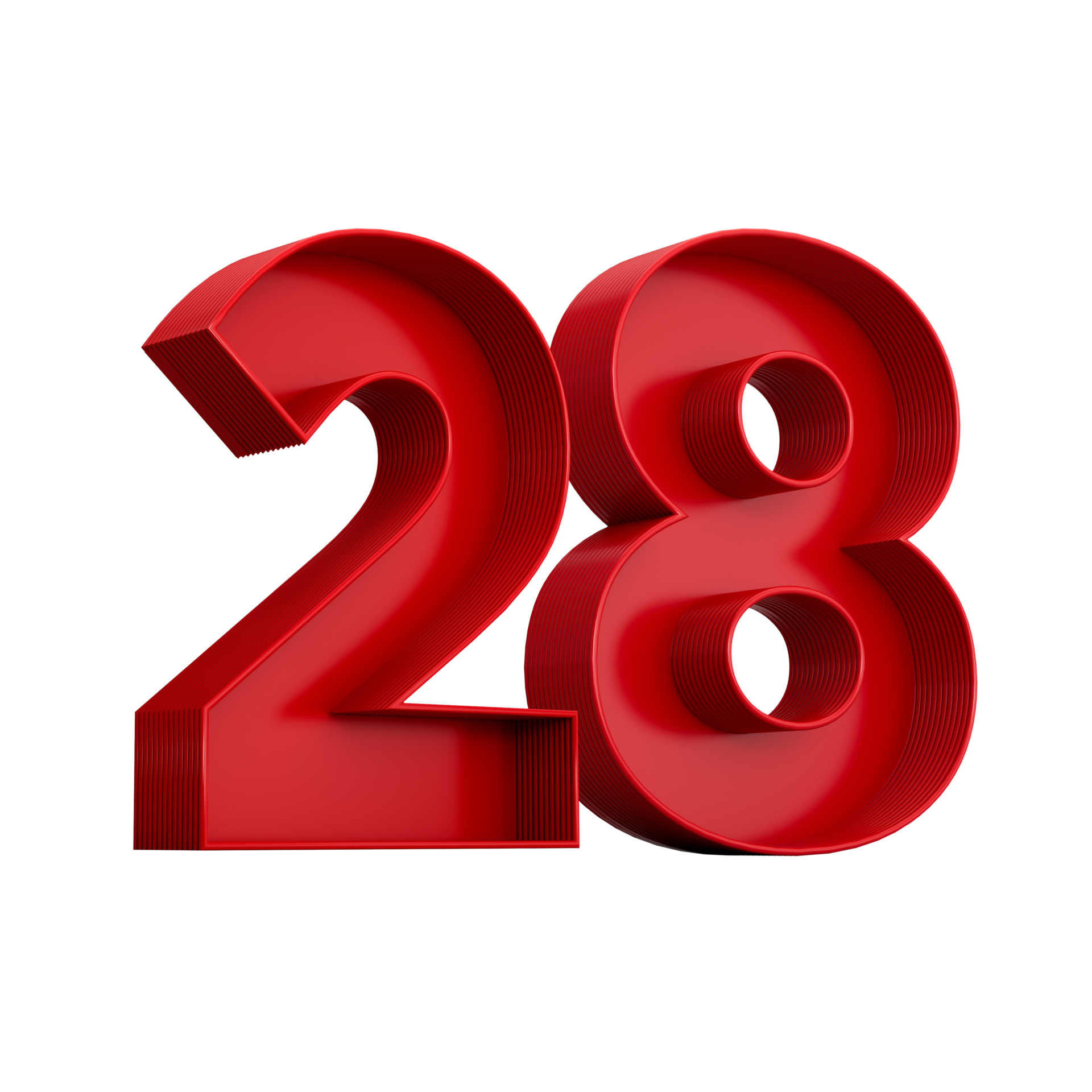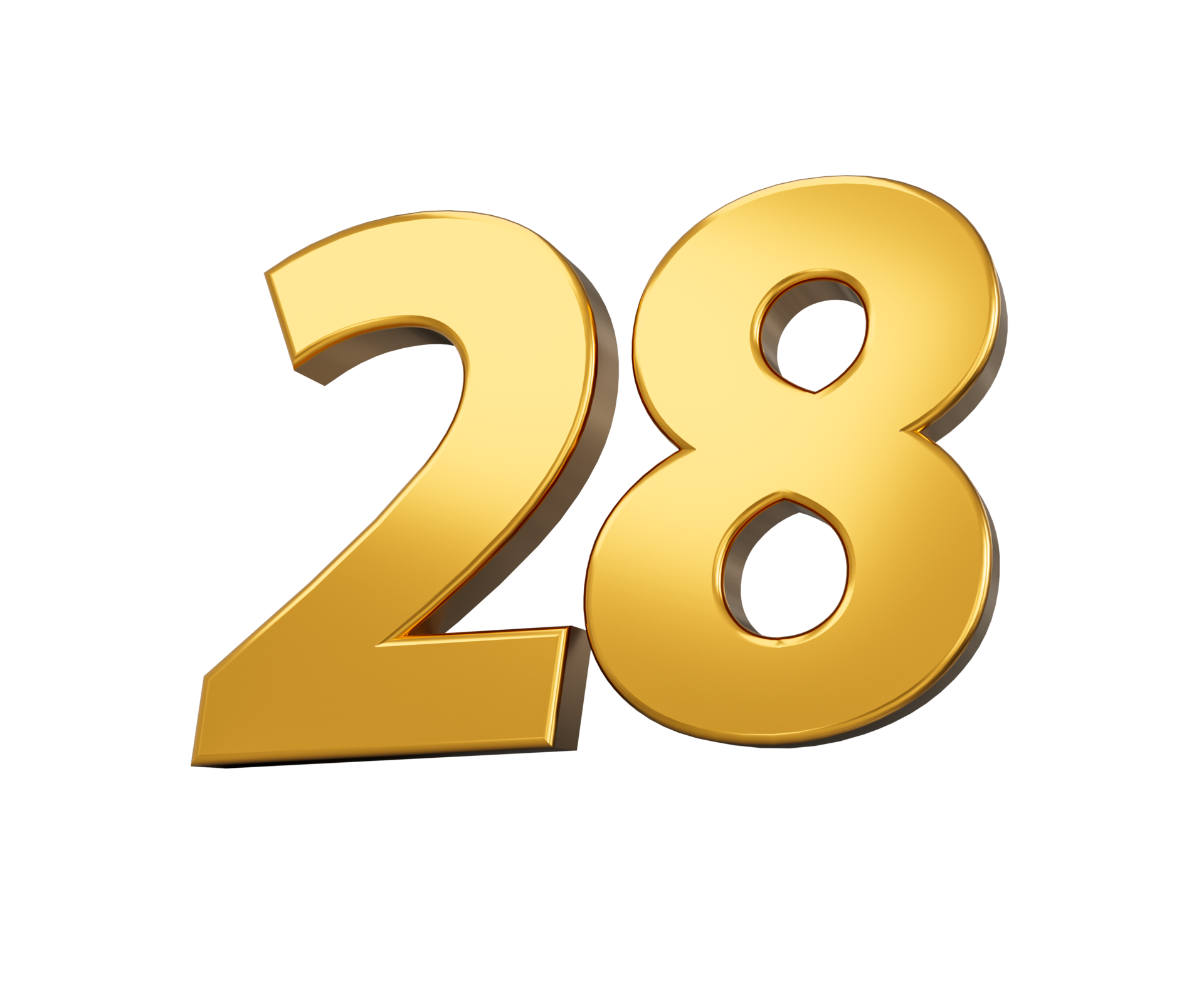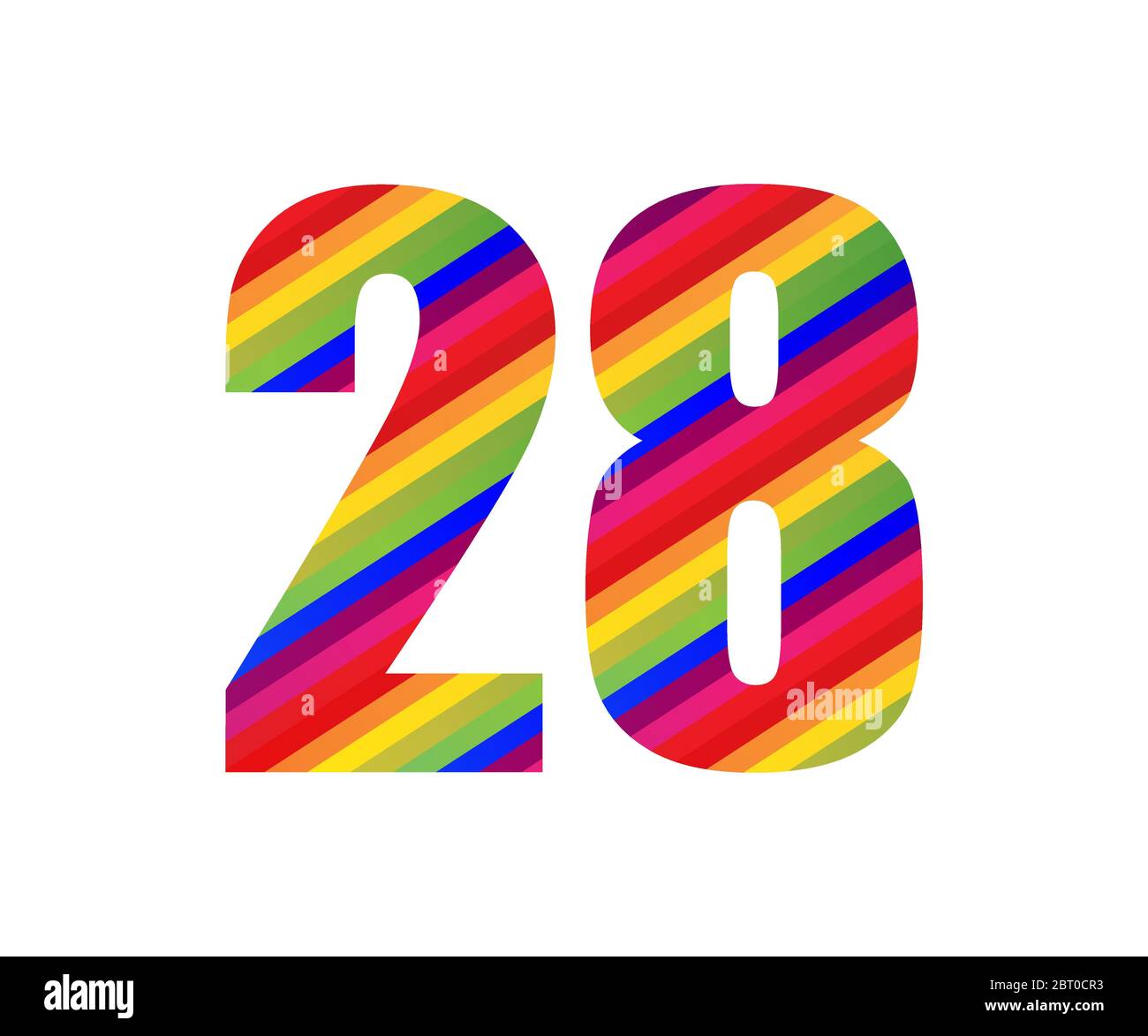Observing the ebb and flow of digital communities offers a fascinating look at how people connect and share knowledge. It is, in a way, like watching a living organism grow and change, with each interaction adding to its overall shape. Thinking about what happens after a set period, say 28 days, particularly as we look toward 2024, can give us some helpful ideas about how these online spaces develop. We see patterns, certainly, and understand a bit more about what makes these places work, or sometimes, what causes them to stumble.
When we consider the various parts that make up these online gathering spots, it becomes quite clear that many things are at play. There are the formal rules, of course, but then there are also the unwritten ways people act, the tools they use, and the ways they give each other credit. All these pieces, you know, contribute to the bigger picture. We might look at a snapshot from a specific time, perhaps from years ago, and then consider how those elements might appear or feel a certain number of days later in a different year.
This idea of looking back and then forward, perhaps at what a 28-day stretch in 2024 might reveal, helps us appreciate the ongoing effort involved in keeping these shared spaces useful and welcoming. It is, more or less, a continuous process of adjustment and shared effort. What we learn from past moments, like those from 2008 or 2017, can really help shape how we think about the present and what might come next for our digital hangouts.
- Madison De La Garza Movies And Tv Shows
- Michael Phelps Wife
- Gummer Mamie
- Hope Catherine Kotb
- Lola Iolani Momoa
Table of Contents
- What Does a 28-Day Cycle Show for Online Communities?
- How Are Knowledge Platforms Sustained Over 28 Days?
- What About User Experience After 28 Days?
- Are Community Metrics Different After 28 Days?
What Does a 28-Day Cycle Show for Online Communities?
Sometimes, a group might decide to stop a project or a way of doing things. This kind of choice, to just "call the whole thing off," as it was put, can happen for many reasons. It might be that something isn't working as planned, or maybe the group's goals have shifted. Looking at such decisions over a short time, like a 28-day period in 2024, helps us see how quickly things can change and how groups adapt. It’s a pretty interesting thing to think about, how these collective agreements come about and then, you know, sometimes dissolve.
Consider, too, how specific words or terms take on different meanings depending on where you are or who you are talking to. The word "bracket," for example, is commonly used to refer to a specific form of bracket, which varies from region to region. This shows us that even in what seems like a simple conversation, there can be subtle differences in how we understand each other. This is especially true in big, varied online spaces, where people from all over come together. It means that, more or less, clear communication is always a work in progress, and that’s something to keep in mind for a 28-day review in 2024.
When it comes to shared beliefs or sources of information, there is often a discussion about how things should be interpreted. For instance, if a sacred text is believed to interpret itself, why do so many people still seek out and seem to rely on broad commentaries or outside explanations? This question points to a basic human need for help in understanding complex ideas, even when the source is thought to be self-explanatory. It suggests that even the most dedicated groups often look for additional perspectives, which is, honestly, a very human thing to do.
Observing Growth and Interaction in 28 Days Later 2024
Looking at how cities, local authorities, and regions handle their development, including the choices mayors make, and how they work to prevent risks like flooding, gives us a bigger picture of community management. These are real-world examples of how groups organize themselves to face shared challenges. In a digital sense, this translates to how online communities manage their growth, prevent misuse, and keep their spaces safe for everyone. It's almost like, you know, thinking about how these digital places are built and kept safe over time, perhaps looking at changes that happen in a short 28-day period in 2024.
The idea that a new online exchange could be started is always an exciting one. It shows that there's always room for new ways to share knowledge and connect people. Someone preparing for a new role at such a place would naturally do a lot of looking into things, trying to get ready. Finding useful resources, both for ideas and for practical knowledge, is a big part of that preparation. It really highlights the importance of learning and getting ready for what's next, which is something we can always appreciate, especially when thinking about what new things might pop up in a future 28-day window.
We've talked before about how money coming in from things like advertising and sponsorships helps these online groups. These funds are important because they let the people running the show put money back into making the community better. This cycle of support and reinvestment is what helps these places keep going and grow. It’s pretty much how a lot of these free-to-use platforms manage to stay around and keep offering value to their users, and it’s a constant consideration, even over a relatively short period like 28 days.
How Do Policies Change in 28 Days Later 2024?
There are often specific areas within these online communities for different kinds of people. For example, there are question-and-answer sections for contractors and serious do-it-yourselfers, and others for linguists, people who study word origins, and serious English language fans. These specific areas help people find exactly what they need and talk with others who share their very particular interests. It shows how these platforms try to serve many different groups, which is a good thing, you know, for keeping everyone happy and engaged.
Sometimes, when you are part of a big system, you don't have a clear view of what every single person is doing. The phrase "I don't have any visibility of individual" suggests that there are limits to what can be seen or tracked, perhaps for privacy reasons or simply because of the sheer number of people involved. This kind of setup, where individual details are not always obvious, is common in large online spaces. It means that the focus shifts to the group as a whole, rather than on each person separately, which is something to consider when reviewing activity over a 28-day period in 2024.
A comment from April 28 at 3:16 PM mentioned reading from another site that if someone loses a lot of their standing within the community, they can ask for a review of that decision. This tells us that there are ways for people to challenge things they feel are unfair, which is a very important part of keeping a community feeling just. It shows that there are systems in place for people to get a second look at things, especially when their standing is affected. This kind of process, you know, helps keep things fair for everyone involved.
Another note from May 28 at 0:55 AM expressed confusion about why something was not working, saying it "clearly needs updating," and that a certain link was still not working for them but was for others. This points to the real-world issues of technical problems, things breaking, and the need for regular updates. It also shows how different people can have different experiences with the same online tool, which can be pretty frustrating. These kinds of technical glitches are a constant challenge for online platforms, and addressing them promptly is, basically, always a priority.
How Are Knowledge Platforms Sustained Over 28 Days?
The bigger picture of how these online communities are built is quite impressive. For instance, a network consisting of 183 question-and-answer communities, including one that is the biggest and most trusted online place for people who build software to learn and share, shows a huge effort in organizing knowledge. This kind of scale means that these platforms serve a massive number of people looking for information and help. It’s quite a feat, really, to keep such a large collection of communities running smoothly, and it requires continuous attention, even over a short stretch of 28 days.
A comment from June 28, 2017, at 2:10 AM, addressed to a specific user, is a small piece of a much larger conversation. These individual interactions, though seemingly minor, add up to the overall fabric of an online community. They show how people talk to each other, ask questions, and offer help. It’s a good reminder that behind all the systems and rules, there are real people connecting and sharing, which is, you know, what makes these places feel alive.
Sometimes, there are very specific technical ways to do things within a forum. For example, on a forum about typesetting documents, the only known way to show a piece of a typeset document is by putting in a picture or a PDF file. This shows that even in highly specialized areas, there are often workarounds or particular methods that people use to share information effectively. It highlights the practical side of online communication, where people find ways to get their message across, even with certain limitations. This kind of practical problem-solving is, basically, a constant feature of online interaction.
The Value of Shared Resources in 28 Days Later 2024
One of the truly helpful sources, both for getting new ideas and for gaining knowledge, was mentioned as something valuable. This points to the importance of good resources that can inspire and teach people. Whether it's a guide, a collection of examples, or a particular discussion, having access to such things makes a big difference for anyone trying to learn or improve. It shows that finding and sharing these helpful items is a key part of what makes online communities so useful, and it’s something that continues to be valuable over time, perhaps even more so looking at 28 days later 2024.
The idea of a user having a certain number of gold, silver, and bronze badges, like "28.2k 18 18 gold badges 112 112 silver badges 177 177 bronze badges," speaks to how communities recognize contributions. These badges are like small tokens of appreciation for people who help out, answer questions, or share good information. They are a way to show who has been active and helpful over time. It’s a pretty neat system, really, for encouraging people to participate and give back to the group, and it gives a quick snapshot of someone’s involvement.
A specific answer given on October 20, 2008, at 4:47 AM, is a historical record of a contribution. These timestamps and dates are important because they show the ongoing nature of knowledge sharing. They remind us that the information we find online has a history, and that conversations have been happening for a long time. It helps to put things in perspective, knowing when something was first shared or discussed, which can be quite useful for someone looking for current information, or trying to understand how things have changed leading up to 2024.
What About User Experience After 28 Days?


